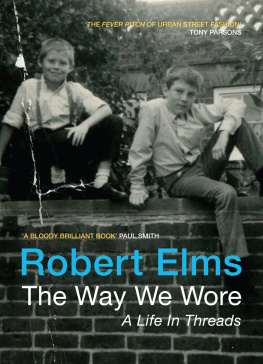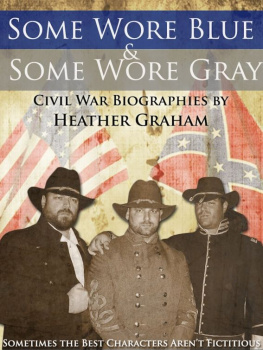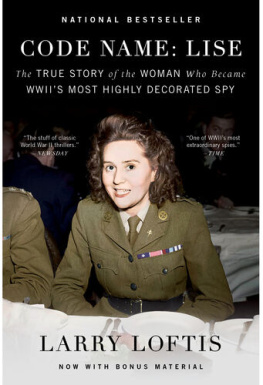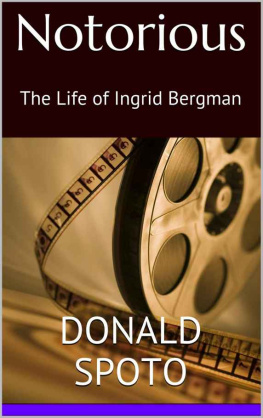THE SPY WORE RED
"EXPLOSIVE... BIGGER-THAN-LIFE... STARTLING REVELATIONS."
New York Daily News
"HIGH ADVENTURES!"
Boston Globe
"COLORFUL... SNAPPY... This savvy spy always comes out looking her best!"
Elle
"A REMARKABLY INSPIRING BOOK... with extraordinary courage, ingenuity and daring."
Pat Buckley (Mrs. William E Buckley, Jr.)
"A FASCINATING BOOK. Aline Romanones has described her life as a spy in strong staccato prose. Her characters are vivid and her story exciting and convincing."
Brooke Astor (Mrs. Vincent Astor)
"A FASCINATING AND EXCITING STORY evoking those marvelous days we served in the OSS in Europe. Her narrative reflects sensitively and accurately the clandestine intrigue and strategic maneuvers that marked the struggle between the secret services as well as the Allied and Axis powers, and the atmosphere and high social life in wartime Spain."
William J. Casey
OSS agent, 1942-45
CIA director, 1981-87

Copyright 2014 by: Fundacin Aline Condesa vda. De Romanones
All rights reserved.
ISBN: 1-4953-6538-7
ISBN-13: 9781495365386
For Luis:
For Luis, my husband
For Luis, my son
For Luis, my grandson
If the red slayer think he slays,
Or if the slain think he is slain,
They know not well the subtle ways
I keep, and pass, and turn again.
RALPH WALDO EMERSON
Brahma
Author's Note

IN the course of lecturing over the past eight years, I've discovered that people enjoy (and need) authentic, firsthand information about espionage, a topic on which reliable information is (understandably) difficult to come by. What I have attempted in this book is to inform and to entertain. My guide posts have been the events themselves, as well as I can reconstruct them from memory and from diaries, letters, snapshots, newspapers, and magazines of the period. There are, however, three limitations on the literal "truthfulness" of my memoir.
In the first place, many of the principals of the drama I recount are living and might conceivably be embarrassed or otherwise inconvenienced by my account of their activities. In order to protect their privacy, then, I have changed the names of some of the characters in the story. And in a very few cases, where a name change did not sufficiently conceal a character's identity, a composite character was created. The man I call Pierre has been disguised, I hope, as has the man code-named Mozart. But there was a Pierre, and there was a Mozart, as there were, in some fashion, all the others.
Secondly, I have occasionally omitted or altered insignificant incidents that would otherwise bore the reader and make the book cumbersome and dreary. Again, this has resulted in a composite character now and then, and in some cases the sequence of events has been slightly altered. The core of the story is accurate.
Finally, my efforts to reconstruct this period of my life from memory have been more successful than I had originally expected, but of course not perfect. Various documents, including reports and cables stored in the National Archives in Washington, D.C., have been of great help in refreshing my memory. But much of the dialogue in the book has been reinvented based on recollection. My intention throughout has been to capture the essence and flavor of the events and conversations that took place. If I have succeeded in doing that, the courage and dedication of my colleagues, and the excitement of the time, will speak for themselves.
Acknowledgments

I WOULD like to thank those who, over three and a half years, helped me in one way or another. First and foremost, my husband for his patience and his sense of humor. Then my grandchildren, Luis, Cristina, Juan, Carla, and Alvaro, whose complaints that I didn't have time to play with them on summer days in Spain when I was writing were flattering and whose high spirits brightened tired hours.
The mother of this book is Nancy Lady Keith, to whom I am immensely grateful for her prodding and warm, unwavering enthusiasm. The assistance of the Baron Guy de Rothschild helped especially in establishing the identity of one of my characters. The expertise, encouragement, and suggestions of Ken McCormick were indispensable. Tom Guinzburg sacrificed hours giving me advice. I want to thank Joe Hannan for his interest in the story and his worthy ideas. I am indebted also to John Taylor of the National Archives in Washington, to Peter Viertel, Lloyd Smith, the late Rudi Crespi, and to Frank Ryan, whose acquaintance changed the course of my life. Annie of Tighten and Tone kept me agile and optimistic despite many hours at the typewriter. William Rayner placed the manuscript in the hands of Random House. In Spain, Beltrn Domecq, Angel Alczar de Valcarel, the Marqus of Santo Floro, the Marquesa of Quintanar, and Kay Denckla, the Countess of Yebes were all of invaluable assistance.
Dr. Anthony Nolke miraculously had preserved my letters and pictures, which helped to bring back the past. The enthusiasm and criticisms of my first editor, Jonathan Galassi, spurred me on. The patience of Jeff Cohen of Random House, and of my editor there, Sam Vaughan, who put my manuscript into a better version of the queen's language and who tied the strings together, was notable. Bob Aulicino's jacket design was a welcome and lovely triumph.
There are others, indeed almost everyone with whom I came into contact during the last several years, who had to put up with some sort of backlash and back talk as I worked on this story. Being able to talk with them about it helped me to finish the bookmay they and I not regret it.
CONTENTS
Prologue:
San Salvador, 1984

IT was a trip to El Salvador several years ago that started this story. I had been lecturing on foreign affairs throughout the United States. At that moment, Central America and especially El Salvador were the areas my audiences were most interested in. But to be truthful, my motives for making the trip derived mainly from an unquenchable desire to be in the middle of whatever was going on. The fact that it would be warm and sunny there, in comparison to the ice and snow of Michigan, where I happened to be, and that I could eat mangoes might also have been a factor. At any rate, I indulged myself with the excuse that the visit would add credibility to my lectures.
The trip had ingredients that appealed to my sense of adventure. For example, I didn't know the name, telephone number, or even the sex of the person who would meet me or where I would be staying. Arrangements had been made hastily through a telephone call to a Salvadoran friend in Washington who offered to find a private house where I could stay and friends who would take care of my needs. Since I had only a week free between lectures, he suggested I leave for Salvador immediately. "I'll have someone meet you at the airport who'll explain all the details," he said.
Next page











